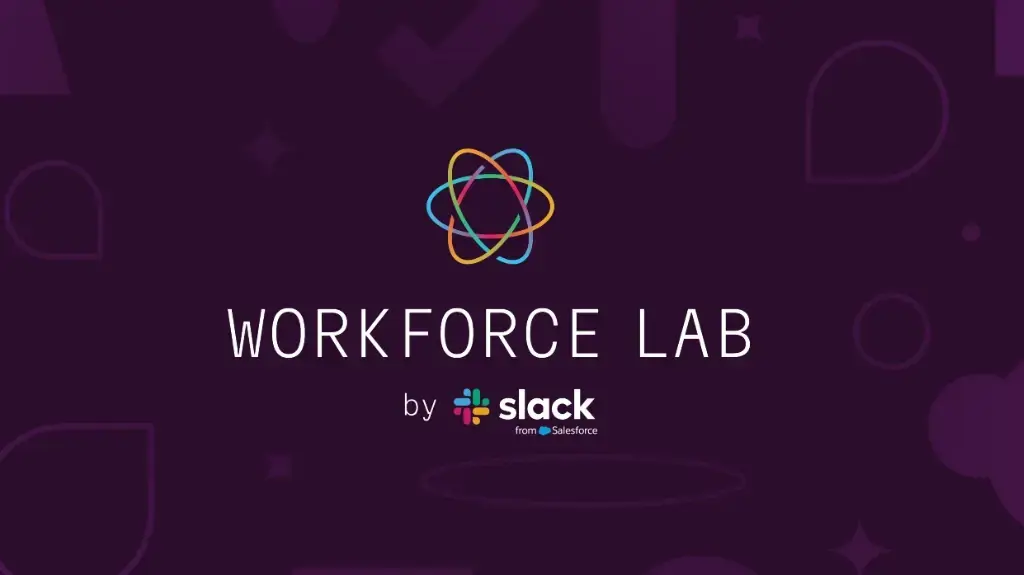Introduction to artificial intelligence. (Angle)
After the hubspot, it was also the turn of competitor Salesforce to publish its report on the state of AI in the world and its use among workers in various sectors of the industry. The report surveyed about 11,000 employees in 11 global markets last February to find out "how the workforce perceives the role generative AI will play" in jobs.
From our perspective at Start-Up Nation, the results may come as a surprise, because although companies invest heavily in AI solutions, most employees have not yet used these applications. Only 1 in 10 employees worldwide say their day-to-day job currently involves artificial intelligence skills, according to the report. This is "despite the excitement employees feel about the prospect of using generative AI at work," according to Salesforce.
AI applications have been around for decades, but the emergence of ChatGPT in November sparked an arms race in which the world's largest tech companies, including Google and Microsoft, rushed to develop and launch AI solutions so as not to be left behind.
Since then, there has been a lot of buzz around the role AI technology might play in the world of work, but the gap between theory and reality in practice is still very large, as AI Generative's ability to create content in response to human input has raised fears about the future of work.
A recent report by investment bank Goldman Sachs found that as many as 300 million jobs worldwide could be affected by artificial intelligence and automation. However, according to the Salesforce survey, more employees were enthusiastic about using AI in their workplace (58%) than worried about it replacing them in their role (42%).
Sujith Abraham, senior vice president and general manager of Salesforce Asia, told CNBC that AI is not meant to replace professionals but to serve as a tool to empower the workforce, noting the importance of responsibly developing and implementing this transformative technology.
The skills leaders want
Organization leaders in the survey said "information security skills, ethical artificial intelligence and automation skills, and programming skills" will become increasingly important in the workplace, according to Salesforce.
However, there is a "disconnect" between the skills companies will need in the future and those currently used by the workforce. Skills like writing AI-specific programming languages, training machine learning models, and testing automation will be crucial in tomorrow's workforce.
While 4 out of 5 global employees report using digital skills in their daily work, few report skills beyond "collaborative technology, digital management, and digital project management," the company said.
Only 14% say their job involves other related digital skills like encryption and cybersecurity, and 13% say they use coding skills and app development.
How do organizations around the world use artificial intelligence?
The penetration of artificial intelligence skills also differs between different industries and markets. It's no surprise that the tech industry is using more AI skills globally, but even in this industry, less than a third of employees use AI skills in their jobs today.
However, each country has its own rating. In India, for example, it is the travel and tourism industry, not technology, that ranks first in the application of AI skills. In Singapore, a country where manufacturing is a critical component of the economy, AI use is highest in the industry, but only 21% of manufacturing workers said they use AI skills in their jobs.
"AI is crucial to driving improvements in efficiency, production quality, and service processes. This includes using real-time models or forecasts to better manage logistics and supply chain challenges," said Abraham.
In Israel, the growth of artificial intelligence technologies is evident in investments in the field. According to the Innovation Authority's report, between 2019 and 2011, investments in artificial intelligence in Israeli high-tech grew from about $305 million to about $4 billion – a 12.5-fold jump in total investments in the field. In 2019, Israeli AI companies raised about 42% of all capital invested in Israeli high-tech.
Transition to skills-based recruitment
The Salesforce report indicates a trend toward skills-based recruitment. The survey found that 82% of organization leaders said skills were the "most important trait" when evaluating candidates, compared with only 18% who said relevant academic degrees were the most important.
According to Salesforce, the way forward is to cultivate skills. Nearly all global employees (97%) believe businesses should prioritize AI skills in their employee development strategy, and upskilling is critical across a wide range of emerging technologies.
As a result of the rise in artificial intelligence and automation, enterprise leaders say information security skills (60%), ethical artificial intelligence and automation skills (58%) and programming skills (57%) will become more important in the workplace. When asked which 'soft' skills are likely to be more important, imaginative and creative skills (56%), customer relationships (53%) and leadership skills (51%) topped the list.
"With today's rapid pace of innovation, skills-based hiring ensures businesses can quickly leverage new technologies. Companies recognize the value of a skilled workforce in maintaining competitiveness and adaptability. Employees need to be given the hard and soft skills to use AI solutions that are already embedded in everyday systems and work applications. This includes understanding the parameters within which AI can work, the types of use cases where AI can deliver the best results, validating responses generated from AI, and detecting red flags in the content created," Abraham concluded.
- Marketing & Digital
- Headers
Tags
- artificial intelligence
- research
- Labor market
- Market research
- CRM
- The employment market
- High Tech
- technology









